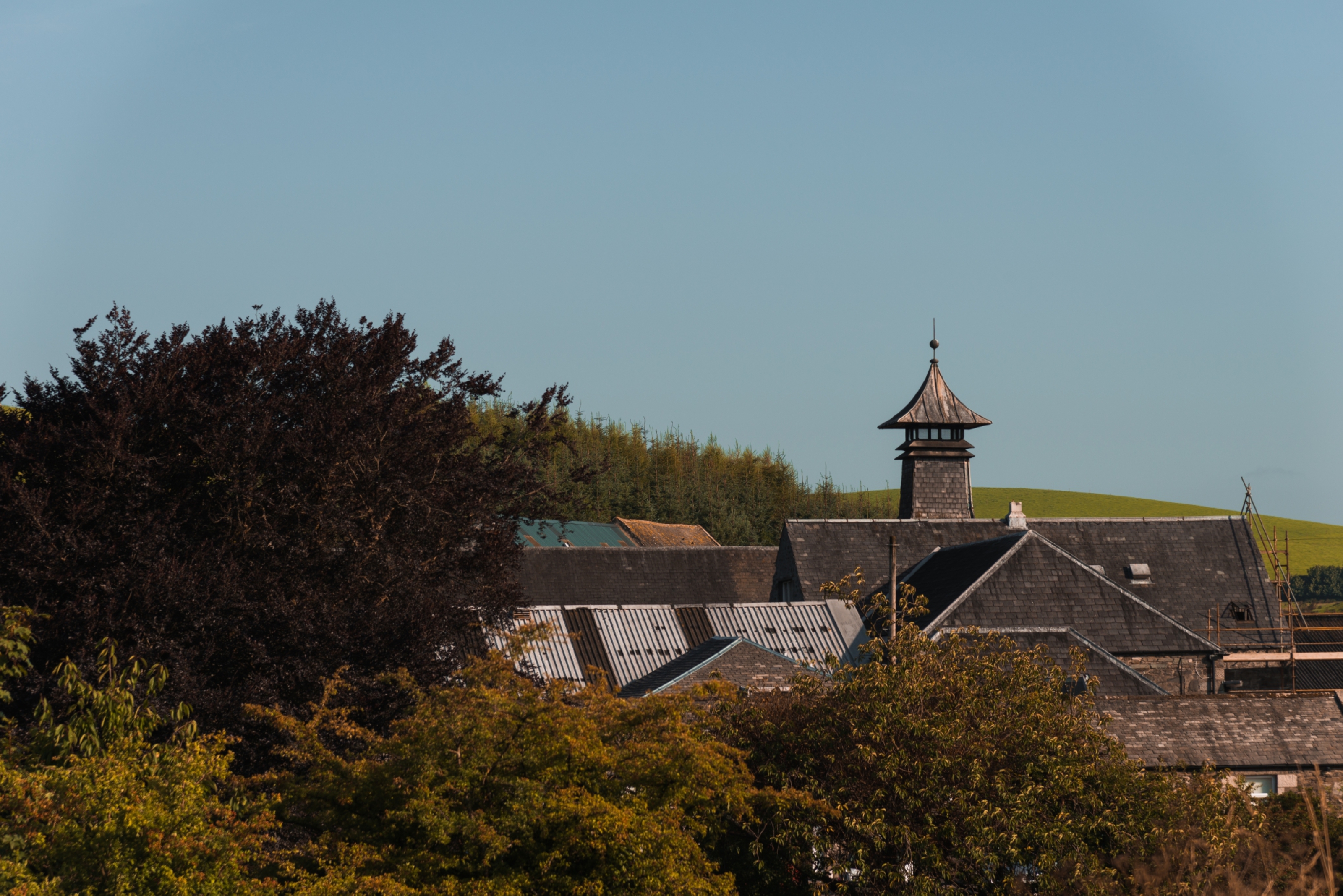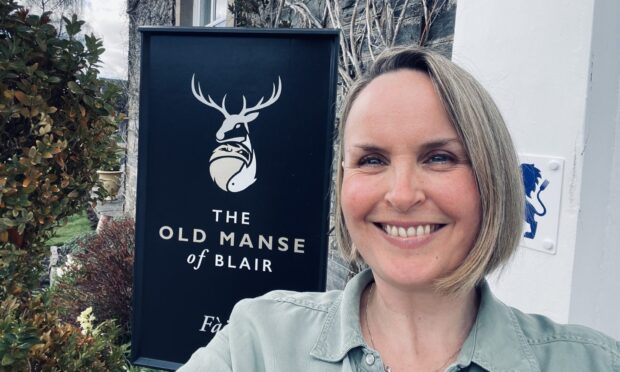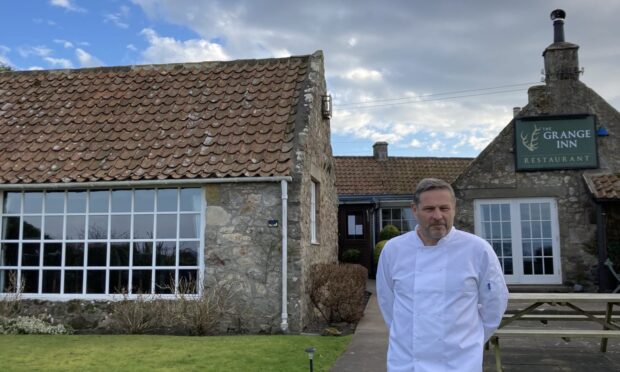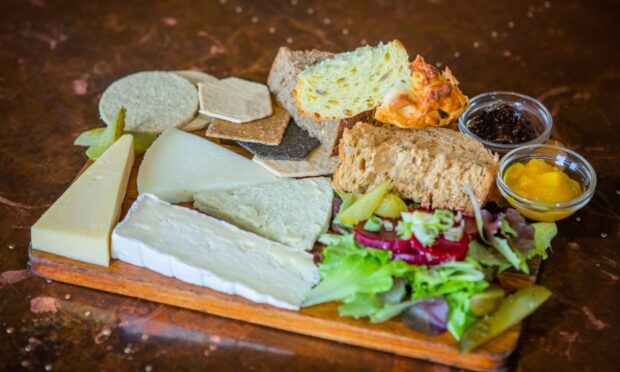Although I try to appreciate all distilleries and their malts equally, there are some for which I have a soft spot. One of these is Bladnoch (pictured), first opened in 1817 near Wigtown, for decades the most southerly of the Lowland distilleries and indeed of all Scottish distilleries.
It has had an up-and-down history, particularly over the past three or more decades. It was one of several malt distilleries closed in 1993 and lay moribund until a Northern Irish entrepreneur called Raymond Armstrong bought it and brought it back into production, the first spirit being distilled in 2000. He also converted one of the warehouses into a pub/pop concert venue that attracted quite a few big-name groups as they headed to Stranraer for a gig in Belfast.
Alas, Armstrong’s company fortunes took a tumble and the distillery closed again earlier this decade. It was bought in 2015 by David Prior, an Australian who had made millions from organic yoghurt. However, he was and is a keen whisky fan and the chance to own his own distillery proved irresistible – although, by his own admission, his wife thought he was mad to buy the place.
The distillery has finally come on-stream again after Prior spent £25 million buying and reinstating it. However, his money also bought large quantities of whisky in innumerable casks in the distillery warehouses, which should prove a good investment. Bladnoch is highly regarded as a malt and, as very little has come on the market in recent years, there is plenty pent-up demand that should in turn lead to keen prices for the first new bottlings. Indeed, Prior intends one of these to be a 1988 vintage malt at a hefty premium to celebrate the distillery’s bicentenary.
One problem he will discover, admittedly a few years down the line, is that of the “gap years” when the distillery was silent. I recall one distillery manager saying their most successful expression was their 15-year-old but, as the distillery had been closed from 2000 to 2003, they couldn’t supply it from 2015 until next year, when the first “post-closure” malt will finally become available.
Apparently, the new owner leaves day-to-day running to his manager and head distiller, though he will drop in occasionally, doubtless by Prior arrangement.










